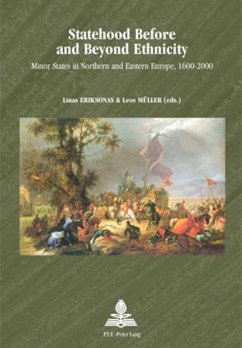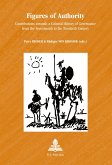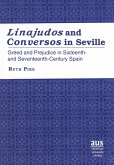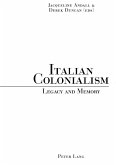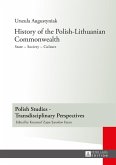Today's world is a world of nation-states; few have survived since the early modern period, some have existed for three hundred years, most came into being during the second part of the last century. Yet the equation between the state and the nation does not go back far in history, despite the prevailing tendency to view the state as closely linked to ethnicity.
To challenge the latter this book attempts to examine statehood separately from the concept of ethnicity; it asks what is non-ethnic about statehood by looking at 'statehood before and beyond ethnicity'. A non-ethnic statehood is analysed in two forms: as a historical phenomenon at the time of the emergence of the early modern state (Part One) and as a historical tradition which had been pursued by the nation-builders in the nineteenth and twentieth centuries (Part Two).
Instead of looking at great powers as traditional models of statehood, individual chapters focus on minor and less familiar states in Northern and Eastern Europe from the period c. 1600-2000, including Belgium, Bohemia, Greece, the Netherlands, Romania, Poland-Lithuania, Serbia and Montenegro, Sweden, Scotland and Transylvania.
To challenge the latter this book attempts to examine statehood separately from the concept of ethnicity; it asks what is non-ethnic about statehood by looking at 'statehood before and beyond ethnicity'. A non-ethnic statehood is analysed in two forms: as a historical phenomenon at the time of the emergence of the early modern state (Part One) and as a historical tradition which had been pursued by the nation-builders in the nineteenth and twentieth centuries (Part Two).
Instead of looking at great powers as traditional models of statehood, individual chapters focus on minor and less familiar states in Northern and Eastern Europe from the period c. 1600-2000, including Belgium, Bohemia, Greece, the Netherlands, Romania, Poland-Lithuania, Serbia and Montenegro, Sweden, Scotland and Transylvania.

